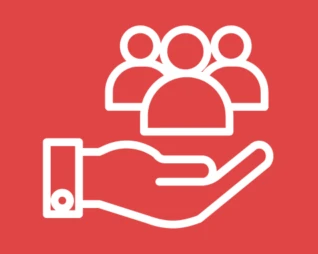Our mission: to help consumers and defend their rights
Our independent, non-profit organization helps you resolve a disagreement with a merchant or get a handle on your finances. And it's FREE.

Are you a victim of fraud?
Thanks to the legal service, Option consommateurs lawyers can provide you with information about your rights or assist you with your proceedings for FREE.

Need help seeing clearly in your finances ?
Book a free budget consultation with us and we'll analyze your financial situation, then help you find the best way to balance your budget.
Featured topic: For safe online browsing
Don't miss

5 recommendations to support consumers amid economic uncertainty
Option consommateurs is deeply concerned about the impact on consumers of the new tariff policies adopted by the United States and Canada. In this context of economic uncertainty, we propose the following five measures to the governments of Canada and Quebec to support consumers.

The Price Accuracy Policy has changed
If the price at the register is higher than the advertised price, the item is free if it is less than $15, or you are entitled to a $15 discount on the advertised price if the item is more than $15. There are some exceptions.


